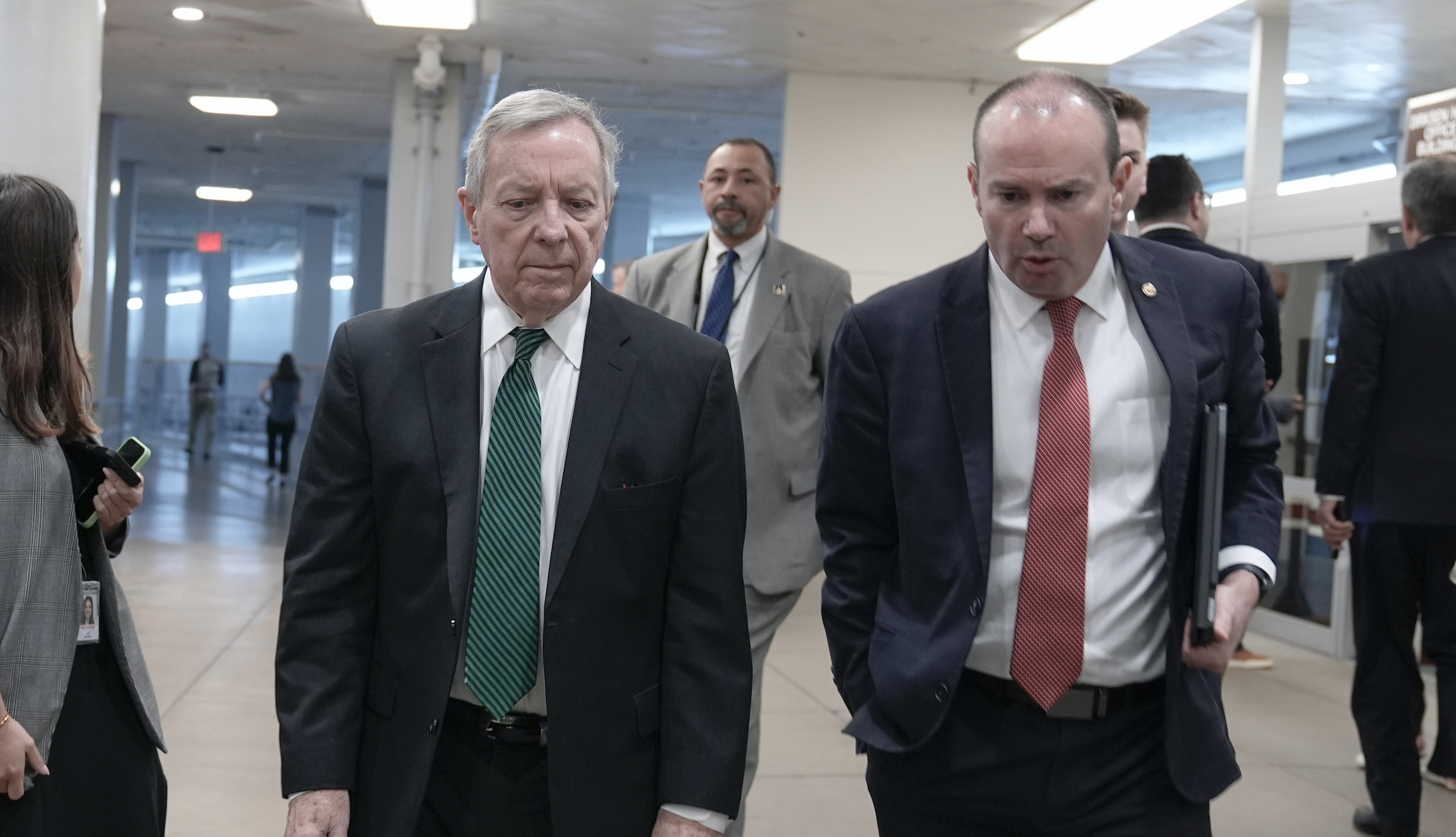

The Senate reached a deal to reauthorize a controversial FISA spying program on Friday night despite days of hardened opposition, teeing up a series of votes hours before the law expires.
A bipartisan group of privacy hawks had refused to fast-track the legislation, which renews Section 702 of the Foreign Intelligence Surveillance Act, but they agreed to relent after party leadership offered six amendment votes that address civil liberties concerns. None are expected to pass.
The deal, flirting with a midnight deadline despite White House warnings the lapse would pose a danger to national security, marks a dramatic finish to a bitter saga that for weeks reignited debate over the proper limits of government surveillance.
The Senate cleared a test vote on Friday night that indicated the legislation, which grants the government fresh authority to spy on foreign persons, will easily be approved. The House voted to reauthorize the program last week.
“There was a great deal of doubt that we could get this done. But now we are on a glide path to passing this bill,” Senate Majority Leader Chuck Schumer (D-NY) said from the Senate floor on Friday night.
An unorthodox coalition of senators, including Schumer’s deputy, Sen. Dick Durbin (D-IL), demanded that the legislation be amended to, among other things, require the government to obtain a warrant to query the data of U.S. citizens swept up in foreign surveillance.
But leadership worked to prevent changes to the bill that would have sent it back to the House, an outcome that would have effectively guaranteed a program lapse.
The Senate standoff, which brought together a bloc of conservatives and progressives concerned about the breadth of the new surveillance law, mirrored the drama seen in the House.
Hard-line Republicans, upset about the lack of warrant requirement, tanked a procedural vote last week, forcing Speaker Mike Johnson (R-LA) to shorten the reauthorization to two years, down from five, as a compromise.
The lower chamber subsequently voted on the warrant amendment, but it failed in a tie vote, 212-212.
The White House mounted a full-on counteroffensive to prevent changes to the law. In particular, national security adviser Jake Sullivan sought to dispel the notion that new language on service providers, known as the Turner amendment, would expand the scope of who could be targeted.
Sen. Ron Wyden (D-OR) mocked the language as being written so broadly that the government could enlist Americans’ cable guy to spy on them. The White House called the provision a mere “technical fix” meant to address changing technology.
CLICK HERE TO READ MORE FROM THE WASHINGTON EXAMINER
The Biden administration had warned against a lapse in Section 702. The secret court that oversees FISA extended the government’s spy powers for another year earlier this month, so the program will not technically shut down, but the Justice Department said that the expiration created legal ambiguity that could lead companies to refuse to cooperate.
The bill does include modest reforms aimed at preventing past violations of Americans’ Fourth Amendment rights, but privacy hawks regard them as inadequate.






